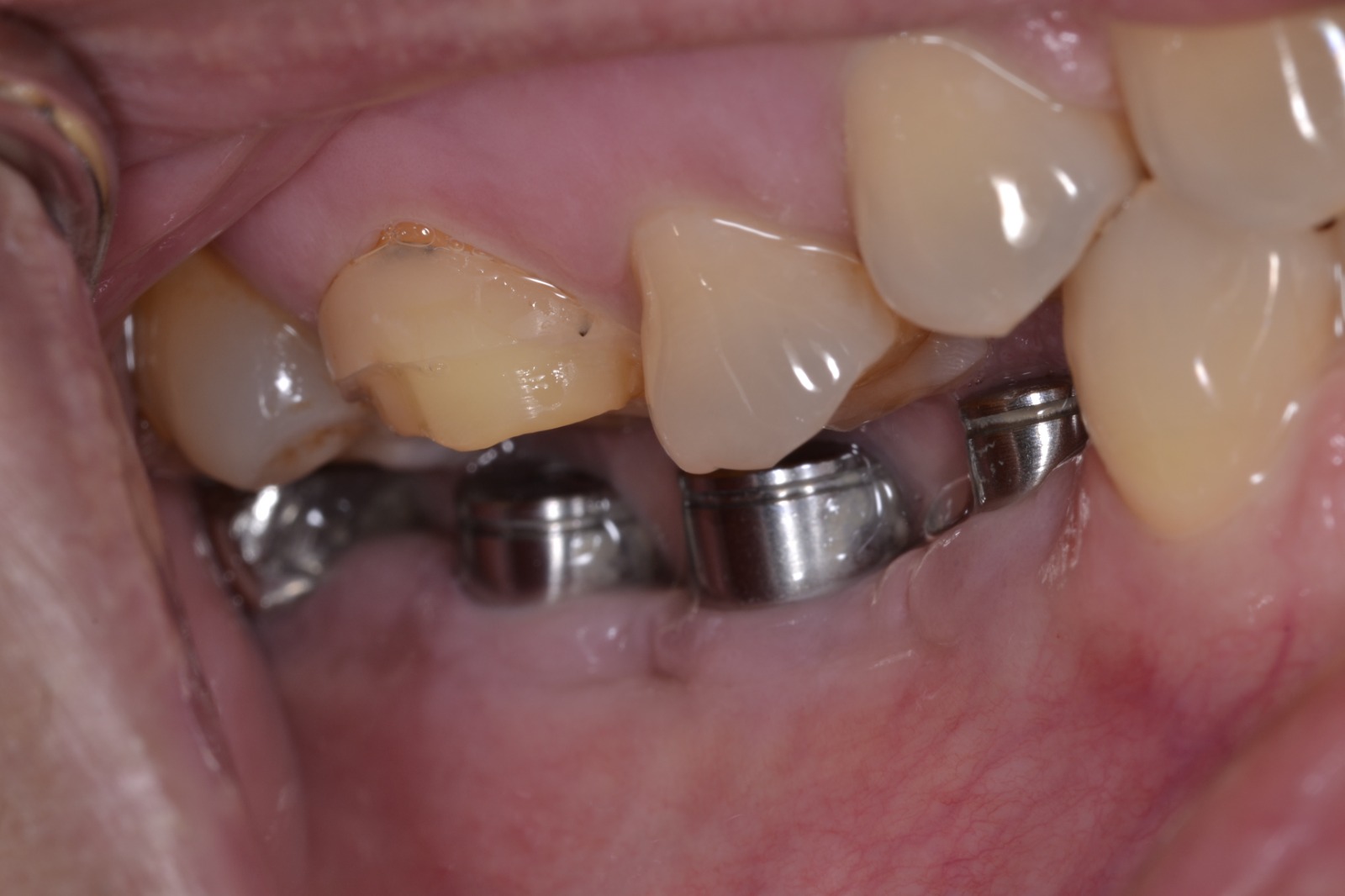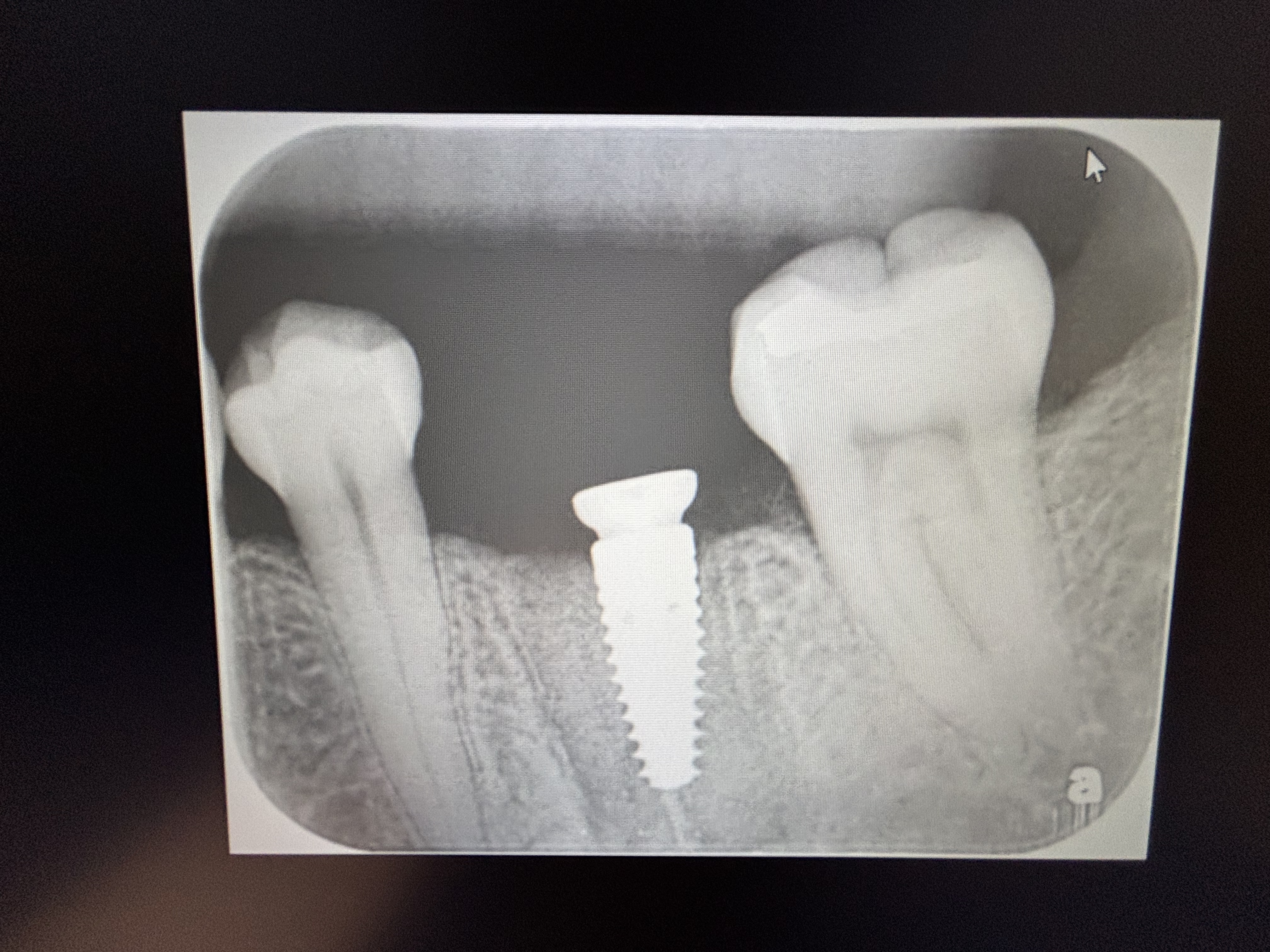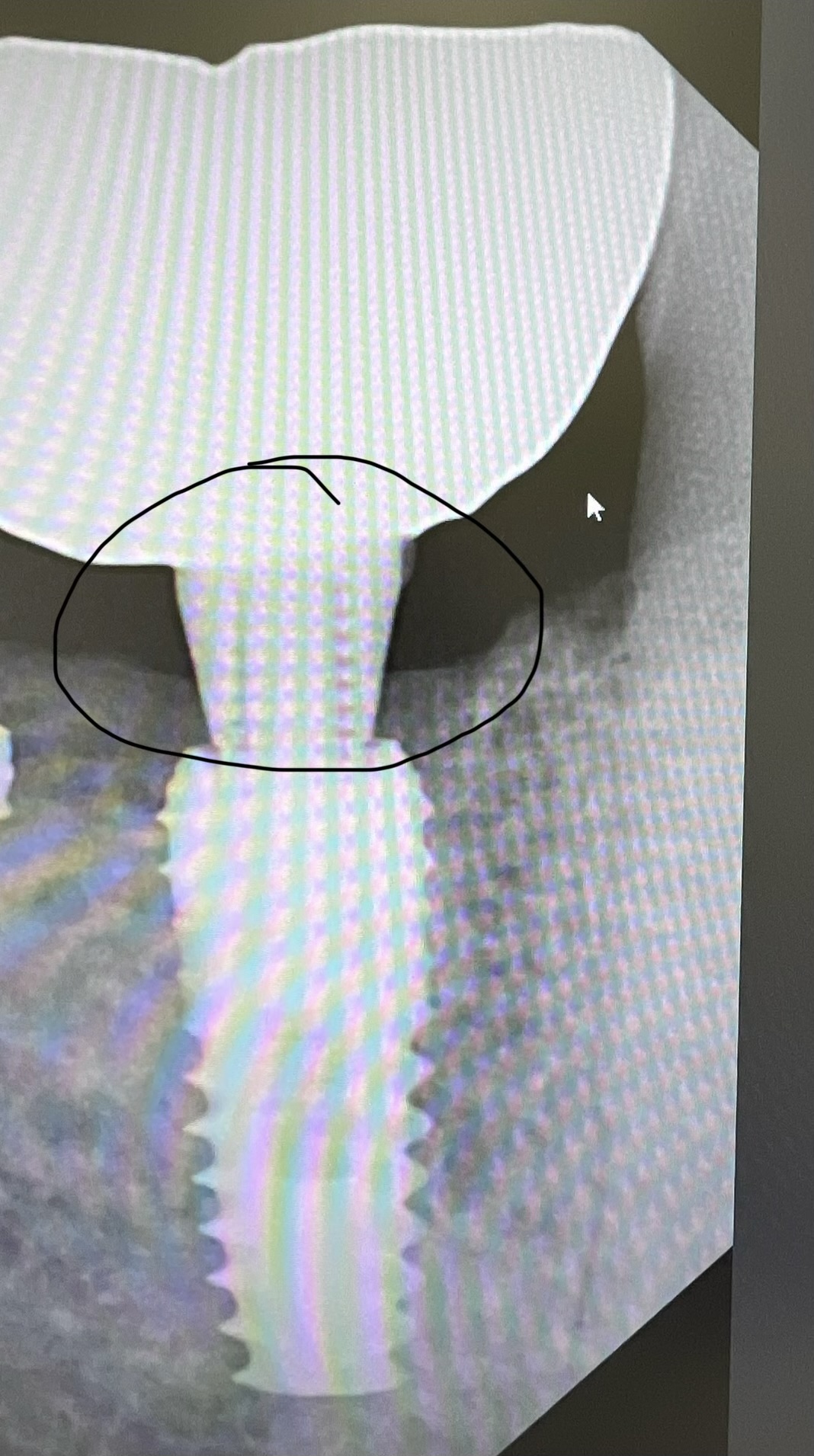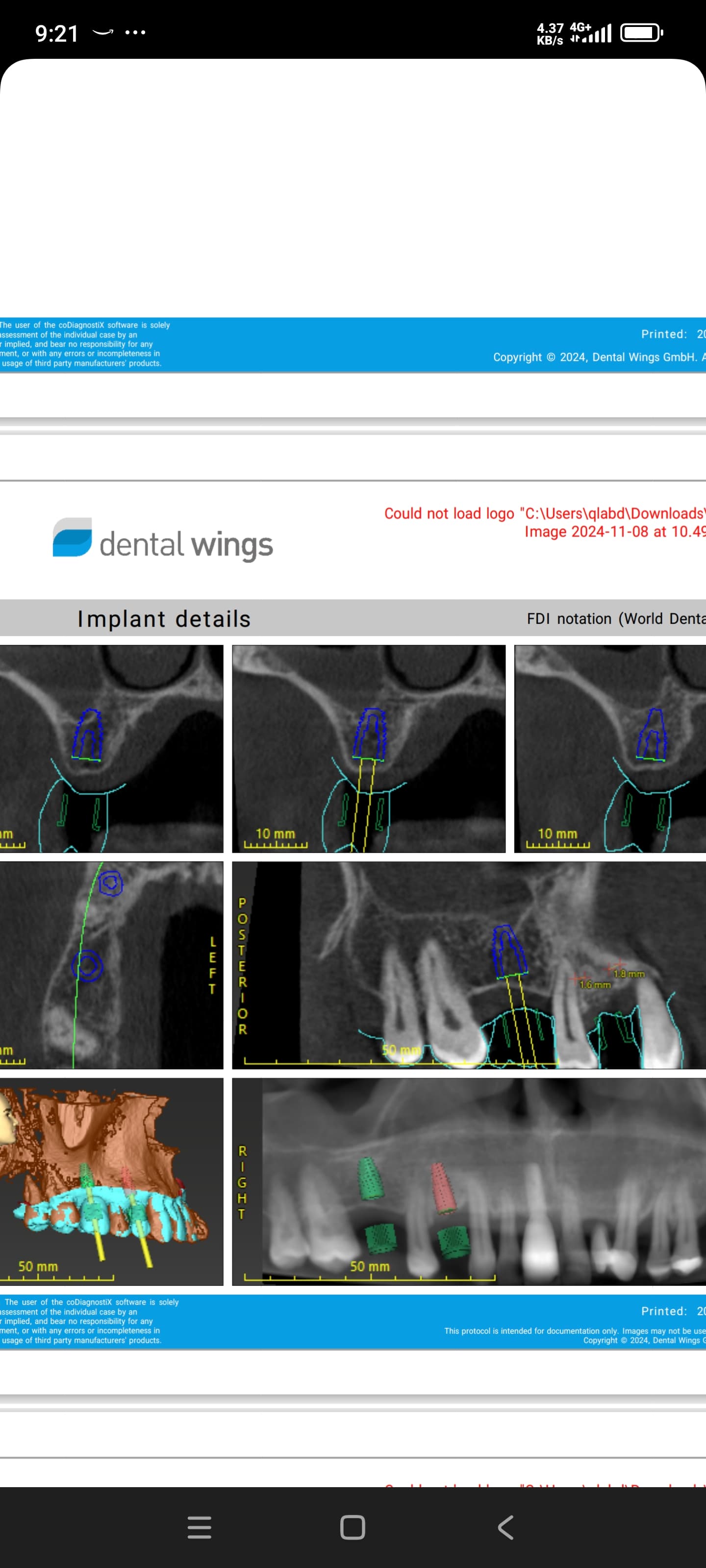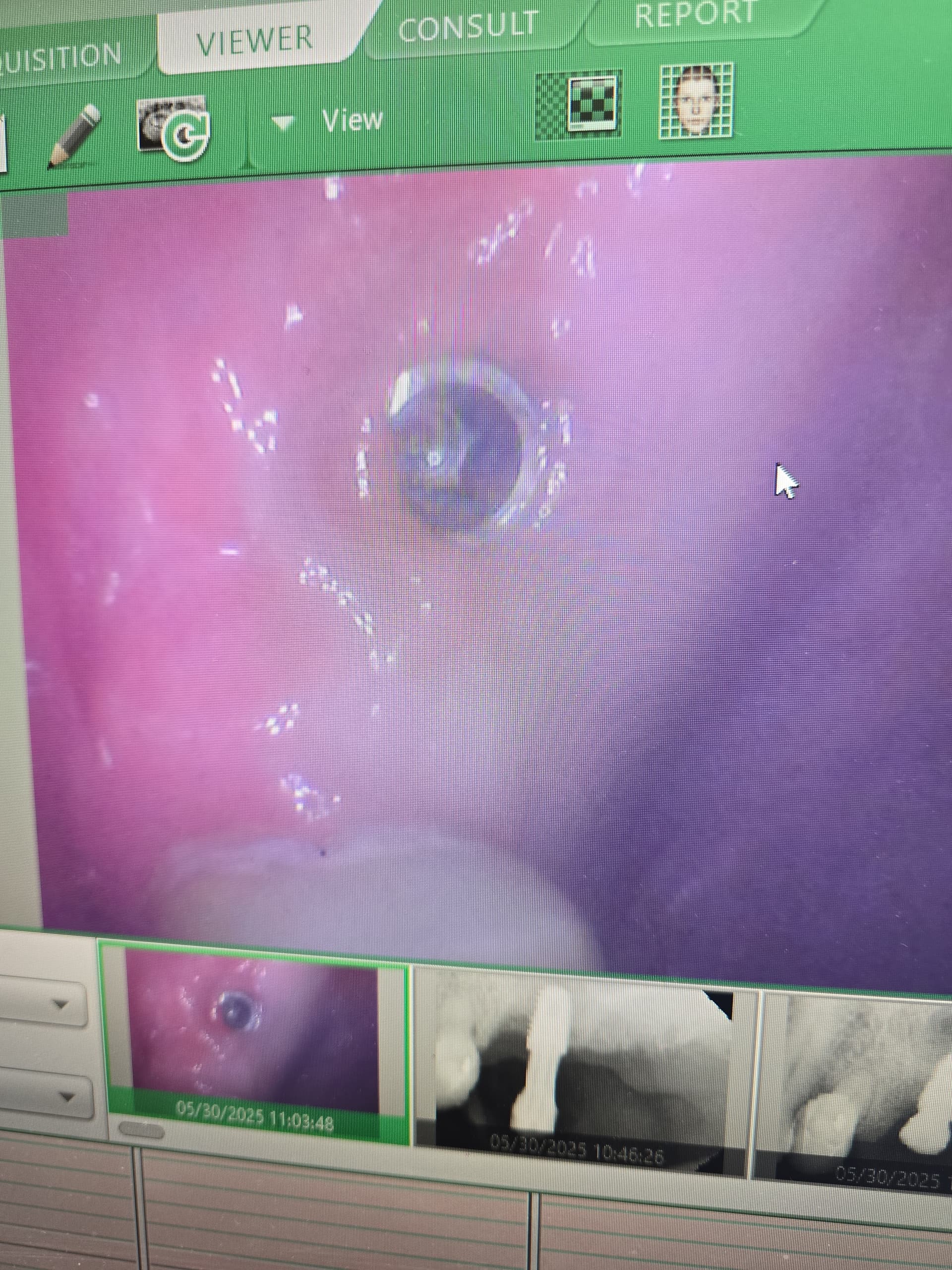Dental Implant Contraindications
Dr. Nimchuk asks:
This week I have had three patients who have come in for consultations for dental implant placements but who are on bisphosphonates (Fosamax) for the treatment of osteoporosis.
Because of the potential for developing osteonecrosis of the jaws, oral surgery procedures are contraindicated in these cases. This means no extractions or dental implants.
Going off the drug will not make them better candidates for dental implants because the effects of bisphosphonates lasts for years. These drugs seem to be prescribed almost routinely for women over age 60 if there is any suspicion of osteoporosis. Right now there are quite a few class action lawsuits where persons on bisphosponates have had complications. Does anyone have any experience with this dilemma or a protocol for managing these patients?










